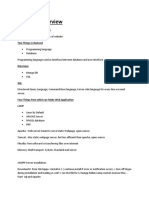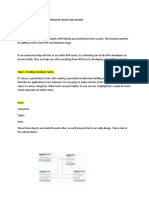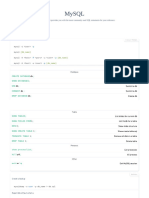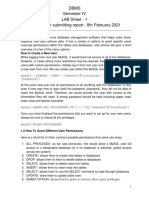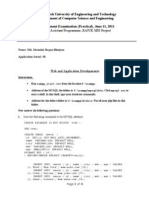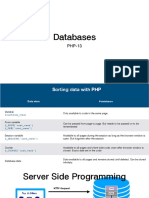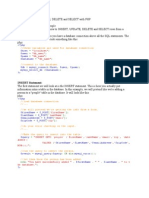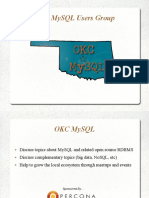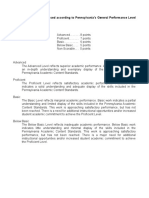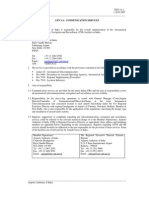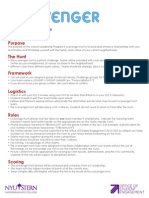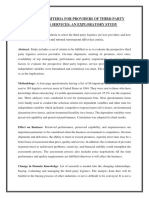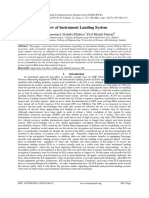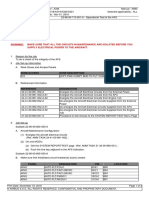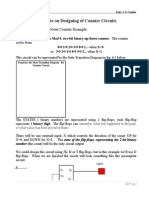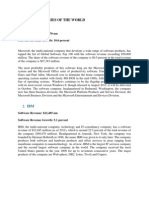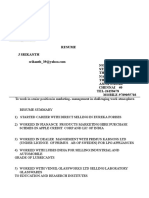100% found this document useful (1 vote)
238 views12 pagesMySQL Commands Cheat Sheet
This document provides a MySQL cheat sheet with SQL commands for interacting with a MySQL database. It lists MySQL installation locations on Mac, Windows, and Xampp. It also provides commands for logging in, creating and managing users, databases, tables, and data, as well as joining tables and using aggregate functions.
Uploaded by
lekaraCopyright
© © All Rights Reserved
We take content rights seriously. If you suspect this is your content, claim it here.
Available Formats
Download as PDF, TXT or read online on Scribd
100% found this document useful (1 vote)
238 views12 pagesMySQL Commands Cheat Sheet
This document provides a MySQL cheat sheet with SQL commands for interacting with a MySQL database. It lists MySQL installation locations on Mac, Windows, and Xampp. It also provides commands for logging in, creating and managing users, databases, tables, and data, as well as joining tables and using aggregate functions.
Uploaded by
lekaraCopyright
© © All Rights Reserved
We take content rights seriously. If you suspect this is your content, claim it here.
Available Formats
Download as PDF, TXT or read online on Scribd
/ 12










